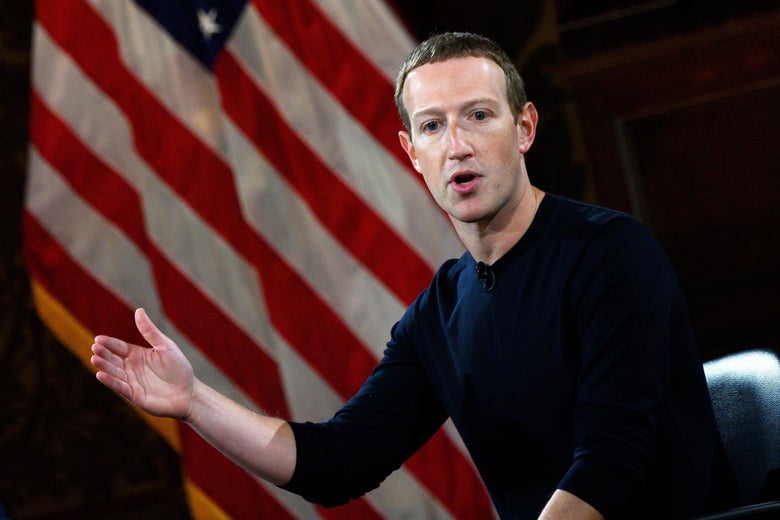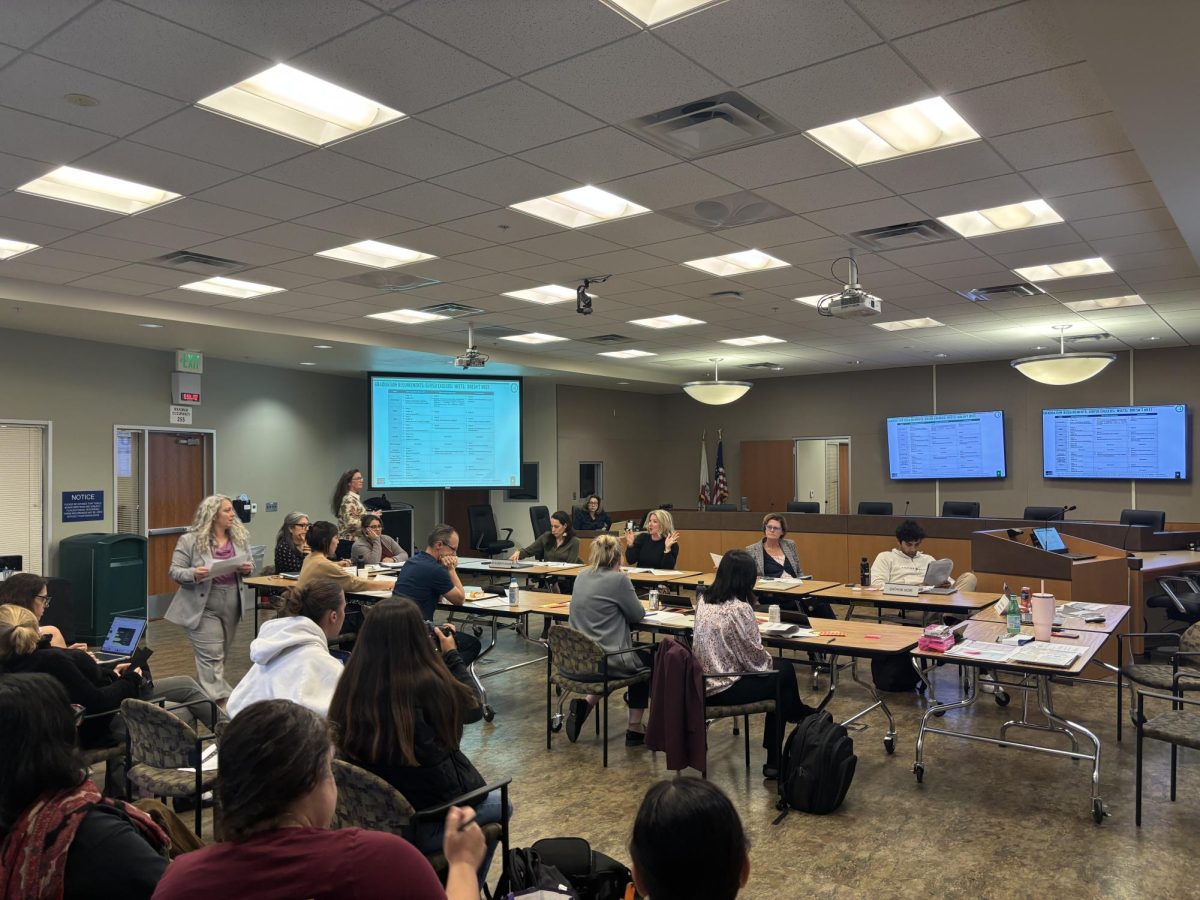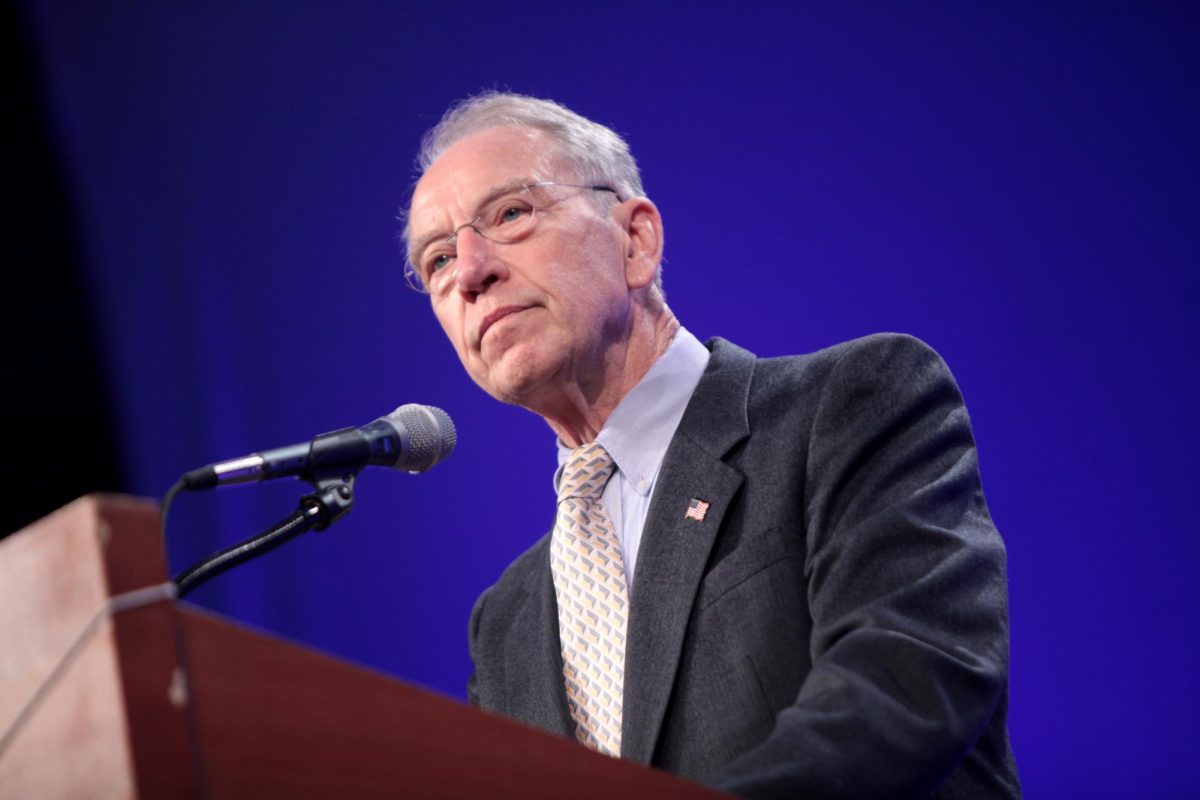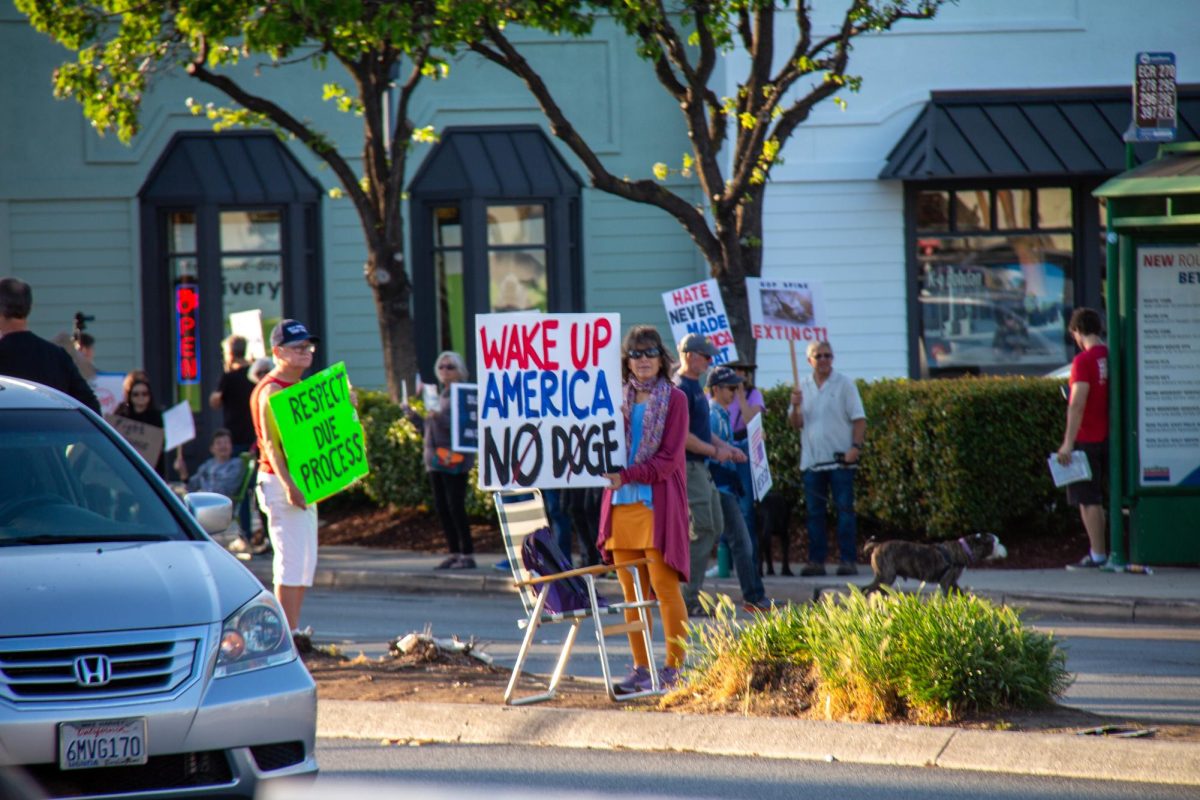Mark Zuckerburg appeared at Georgetown University on Oct. 17, 2019 to defend his policy in a thirty-five-minute talk regarding freedom of speech and the importance of democracy and uncensored expression on Facebook.
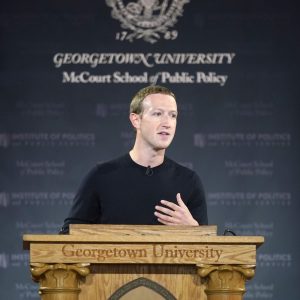
This speech came as an answer to recent attacks against the site’s ideas on freedom of expression; opponents of Facebook’s current Privacy Policy are criticizing Zuckerburg in the hopes of making Facebook be responsible for censoring its users.
“While the world’s attention focuses on major events and institutions, the bigger story is that most progress in our lives comes from regular people having more of a voice,” Zuckerburg stated in his speech. “People having the power to express themselves at scale is a new kind of force in the world — a Fifth Estate alongside the other power structures of society.”
One of the most vocal opponents of Zuckerberg’s argument for complete freedom of expression on Facebook is Senator Elizabeth Warren, who has been commenting on the policy repeatedly throughout her campaign.
“[Facebook has] decided to let political figures lie to you — even about Facebook itself — while their executives and their investors get even richer off the ads containing these lies,” Warren tweeted.
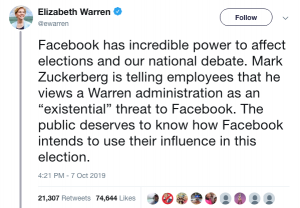
Warren is not alone in attacking Facebook’s policy, as Bill Russo, a spokesman for the presidential campaign of former Vice President Joseph Biden, also spoke out against Facebook’s Privacy Policy.
“Zuckerberg attempted to use the Constitution as a shield for his company’s bottom line,” stated Russo in response to Zuckerberg’s speech. “His choice to cloak Facebook’s policy in a feigned concern for free expression demonstrates how unprepared his company is.”
Although Facebook is mostly considered obsolete by Woodside students, this issue still has significant implications for many Woodside students who use these social media platforms to speak about their political opinions.
“While I don’t personally use social media to post, I know that many teens do, and it gives them a voice when the government considers them too young to have one,” said Mia Hua, a Woodside Sophomore. “So, by censoring these posts, it takes away a lot of the power that the new generation has… to inspire change.”
However, not all Woodside students agreed.
Woodside Sophomore Jake Vaughm claimed, “No, fake news shouldn’t be spread. The fact that Facebook is willing to be a platform where it can be spread shows how corrupt it can be, and a little more restriction on that is probably a good thing.”
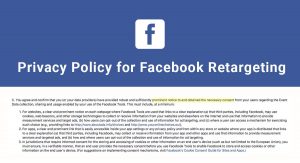
While the effects of the proposed censorship rules might not be noticeable today, the ideas and morals behind them may be used in many cases to come.


